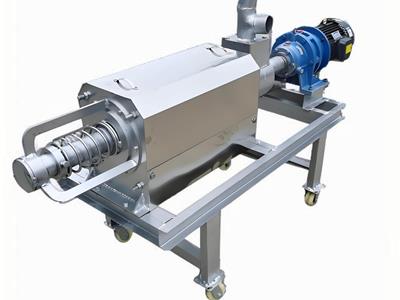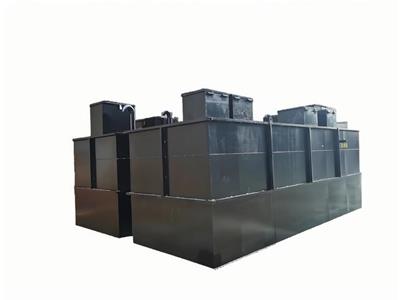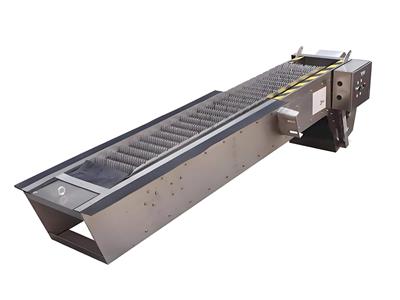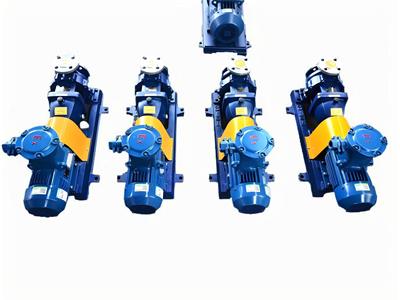- 2025-07-28
Hard water vs soft water, what's the difference?
Have you ever wondered why water tastes different in different places? Or why sometimes the water feels slippery when you take a shower, as if something is stuck on your skin? In addition to discussing the pros and cons of hard and soft water, this article will also provide you with some practical tips related to it.
What is the difference between hard water and soft water?
The two types of water are divided according to the content of dissolved minerals in the water, mainly calcium and magnesium ions.
Soft water: calcium and magnesium content is less than 60ppm
Medium hard water: calcium and magnesium content is between 60-120ppm
Hard water: calcium and magnesium content is between 120-180ppm
Very hard water: calcium and magnesium content is more than 180ppm
Hard water usually contains higher concentrations of these minerals, which is often caused by the water flowing through geological formations such as limestone and gypsum. In daily life, common sources of hard water include well water, rivers flowing through mineral-rich areas, springs, and lakes fed by natural mineral deposits.
In contrast, soft water is usually low in minerals, which means that there are fewer alkaline substances such as calcium carbonate and magnesium carbonate, so its pH value is lower than that of hard water. Soft water can form naturally, such as common rainwater. In addition, soft water can be obtained through treatment processes that remove or replace calcium and magnesium ions.
What are the benefits of hard water and soft water?
Hard water
For patients with high blood pressure, the rich minerals in hard water help prevent vascular spasms and maintain normal blood pressure levels. In addition, the minerals in hard water are beneficial to bone health and can support the normal function of the nervous system.
Soft water
Due to its low mineral content, soft water has unique advantages in various fields:
Household: Soft water does not form calcium and magnesium carbonate deposits, so it can prevent pipe blockage. This not only extends the service life of various household appliances, but also saves energy costs. Unlike hard water, soft water is more suitable for drinking at home. It tastes better and helps reduce the risk of kidney stones, indigestion and arteriosclerosis.
Industrial Use: In some industrial production processes, there are strict requirements on the mineral content of the input water to ensure stable operation of equipment and product quality. In this case, soft water is indispensable. For example, in the electronics and semiconductor industries, soft water can prevent damage and contamination of precision parts while reducing heat loss. In the pharmaceutical industry, distilled soft water is required for injection water to avoid adverse reactions. In addition, using soft water as boiler feed water can ensure efficient heat transfer of equipment.
Commercial Use: Soft water has significant advantages in the cleaning industry, which can achieve stain-free and spot-free cleaning effects, while reducing the use of detergents and reducing costs. Soft water is widely used in car wash services, high-rise building window cleaning, dry cleaning services, and cleaning work in restaurants and hotels. In the skin care and cosmetics industry, soft water can enhance product efficacy and protect skin health. Using softened water in an aquarium not only maintains the health of animals like moon jellyfish, but also keeps the glass clean and transparent, improving visitors' viewing experience.
What are the disadvantages of hard and soft water?
Hard water
Hard water has a greater impact on the maintenance of household appliances and pipes. Minerals in hard water tend to deposit on the inner wall of pipes, increasing water flow resistance and causing blockages, which in turn increases maintenance costs. In addition, long-term use of hard water can make hair dry and skin rough. Hard water also reduces the cleaning effect of soap and leaves residue on clothing, affecting clothing quality.
In the industrial and commercial fields, hard water can seriously damage product performance. For example, in the textile industry, hard water makes products hard and easy to break. In hotels, hard water can leave stains on glassware and damage the hotel's reputation. In the bathroom, hard water causes scaling of surfaces and bathroom furniture, which requires frequent cleaning and maintenance to keep them in good condition.
Soft water
Soft water does have one disadvantage, which is that it is not suitable for watering plants. Usually, the softening process of hard water uses ion exchange technology, and sodium ions replace calcium and magnesium ions in the water, making the water soft. Therefore, the concentration of sodium ions in the softened water is high. Long-term use of soft water for irrigation will cause salt accumulation in the garden, which is not good for plant growth.
How to distinguish hard water from soft water?
Here are a few simple methods to help you test whether the water in your area is hard or soft:
Soap test: Add soap to hot water and stir gently. If a lot of foam is produced, it means the water is hard; if there is no foam, the water is soft.
Heating method: Boil the water. If there is a lot of scale left on the heating device, it is hard water; otherwise, it is soft water.
Hardness test paper: Dip the test paper into the water and determine the hardness of the water by observing the color change.
For industrial applications, it is important to meet specific water quality standards, and a more accurate test method is recommended. You can send the water sample to a professional laboratory for accurate analysis of the calcium and magnesium ion content.
How to convert hard water to soft water?
If you are looking for ways to soften hard water, here are some common softening technologies:
Reverse Osmosis (RO): There is a pressure difference on both sides of the RO membrane, which can guide water molecules through while blocking the minerals in the RO filter element, thereby effectively softening hard water. The micropores of RO membranes are generally around 0.0001 microns, which can effectively remove mineral ions, organic matter, viruses and bacteria from water, significantly improving water quality.
Ion Exchange: Ion exchange is to fill the exchange tank with cation and anion exchange resins, which can remove ions from water. Among them, sodium ion exchange resins are the most commonly used. Calcium and magnesium ions in the water will exchange with sodium ions on the surface of the resin. Sodium ions enter the water, while calcium and magnesium ions are adsorbed on the resin, thereby effectively softening hard water. When the sodium ions on the surface of the resin are exhausted, the resin can usually be regenerated by simply flushing it with a low-cost sodium salt solution, reducing operating costs.
Distillation: Distillation is to boil water to convert it into steam, and then condense it into liquid. Since the minerals in water have a higher boiling point and do not evaporate with the steam, the content of calcium and magnesium ions in distilled water is reduced, and the hardness is also reduced. Distillation is generally used for pharmaceutical and laboratory water, but it is not suitable for large-scale industrial applications due to its high energy consumption.
Electrodeionization: Electrodeionization (EDI) uses an electric field to cause positively charged calcium and magnesium ions to migrate to the anode. The selective permeation of the semipermeable membrane allows these ions to pass through and be concentrated in the salt water chamber and discharged. At the same time, softened water is obtained in the fresh water chamber. This method can produce high-quality water and has a wide range of applications in industry and scientific research.
It is important to note that regular cleaning of equipment and occasional replacement of components are critical to maintaining the continued stable operation of any softening treatment method.
How to choose the best water softener?
When choosing the best water softener or softening method, it is important to understand the hardness of the water you are using. You can use the water quality testing and evaluation methods mentioned above to determine the hardness.
For home applications, it is also important to consider the pipe size and daily water consumption to ensure that the water softener model meets the needs of the home. In an industrial environment, factors such as the required water quality, treatment volume, and raw water composition will affect the selection of the appropriate softening system, so detailed and professional data reports are needed.
Read this article to learn more about how to choose the best ion exchange water softener. If you are having trouble choosing a water softener, why not bring your water treatment needs to our technical team, who will provide you with the best and most economical advice.
FAQ
Is bottled water hard or soft? : Bottled water can be hard or soft, depending on the brand. Usually, you can tell by looking at the bottle label. If the label says "mineral water", it means it is hard water. Mineral water is taken from underground water sources or springs and is rich in mineral elements, so it has a high hardness. If the label says "purified water", it means that the water has been treated in many ways to remove minerals and impurities, and it is soft water.
Is distilled water hard or soft? : As mentioned above, distilled water undergoes evaporation and condensation to remove most minerals and impurities, including calcium and magnesium ions. Therefore, distilled water has a low hardness and is considered soft water.
Is soft water safe to drink? : If you are worried that soft water is unsafe due to its low mineral content, there is no need to worry. Because humans mainly get essential minerals from food, the minerals in water have little effect on the human body. However, simply replacing a water softener with a water purifier is not advisable. Usually, softened water used for drinking only reduces the content of calcium and magnesium ions in the water, and cannot effectively remove most impurities such as bacteria, particles and organic matter like a reverse osmosis filter. Therefore, soft water does not guarantee the safety of drinking water.
Does a water softener have health risks? : During the use of a water softener, the internal membrane and resin will accumulate minerals and impurities. If it is not cleaned regularly, harmful bacteria will breed and cause health hazards.






